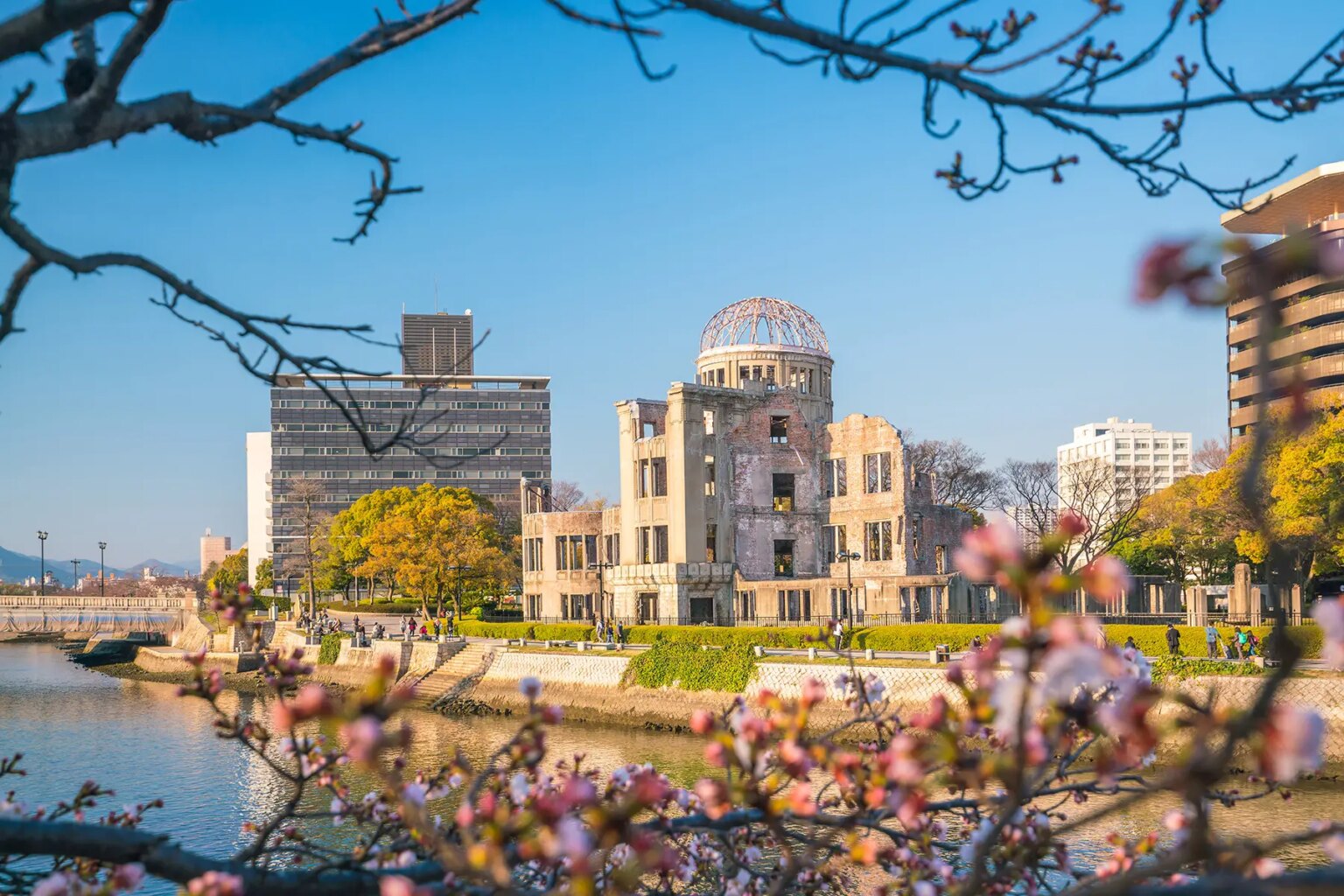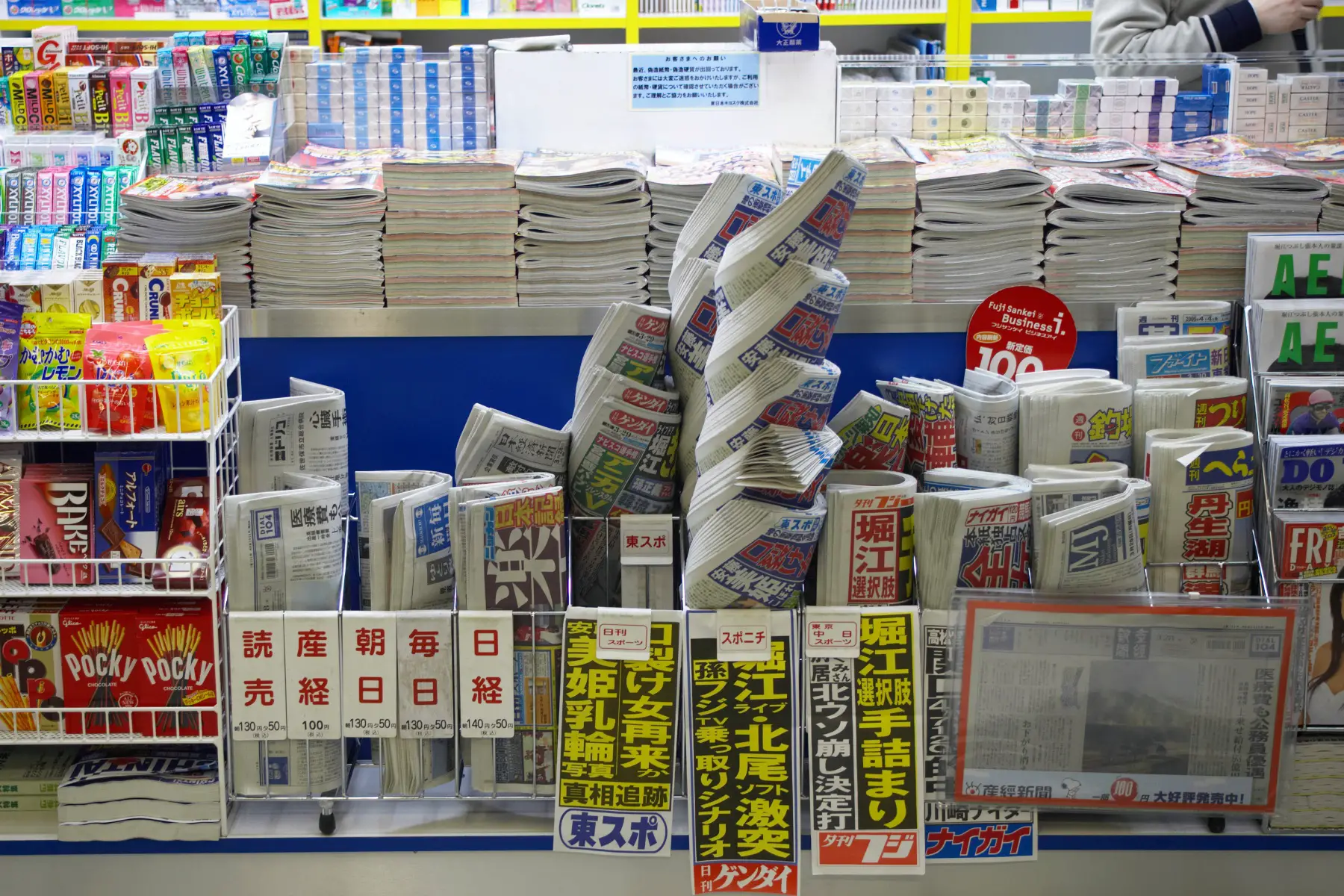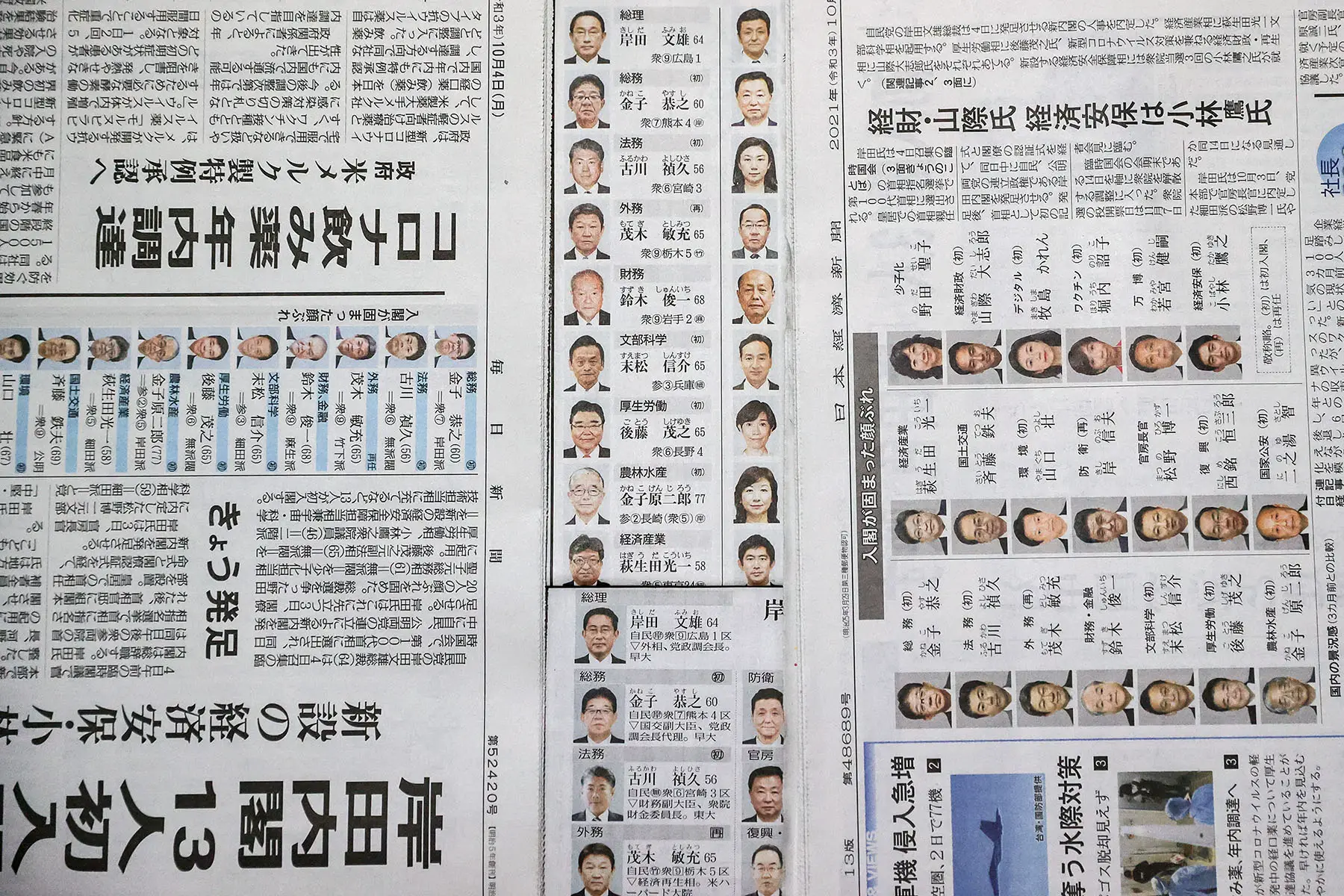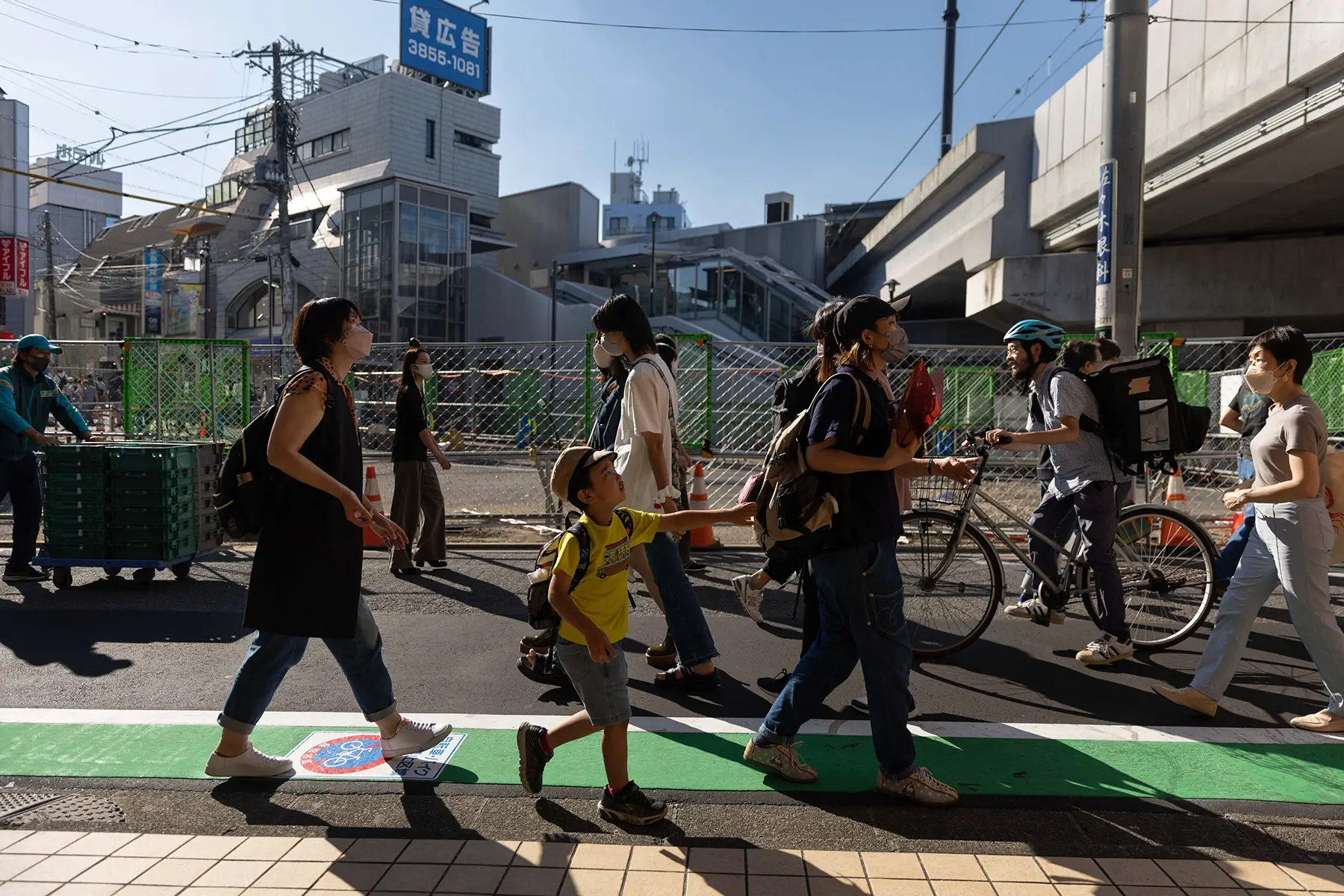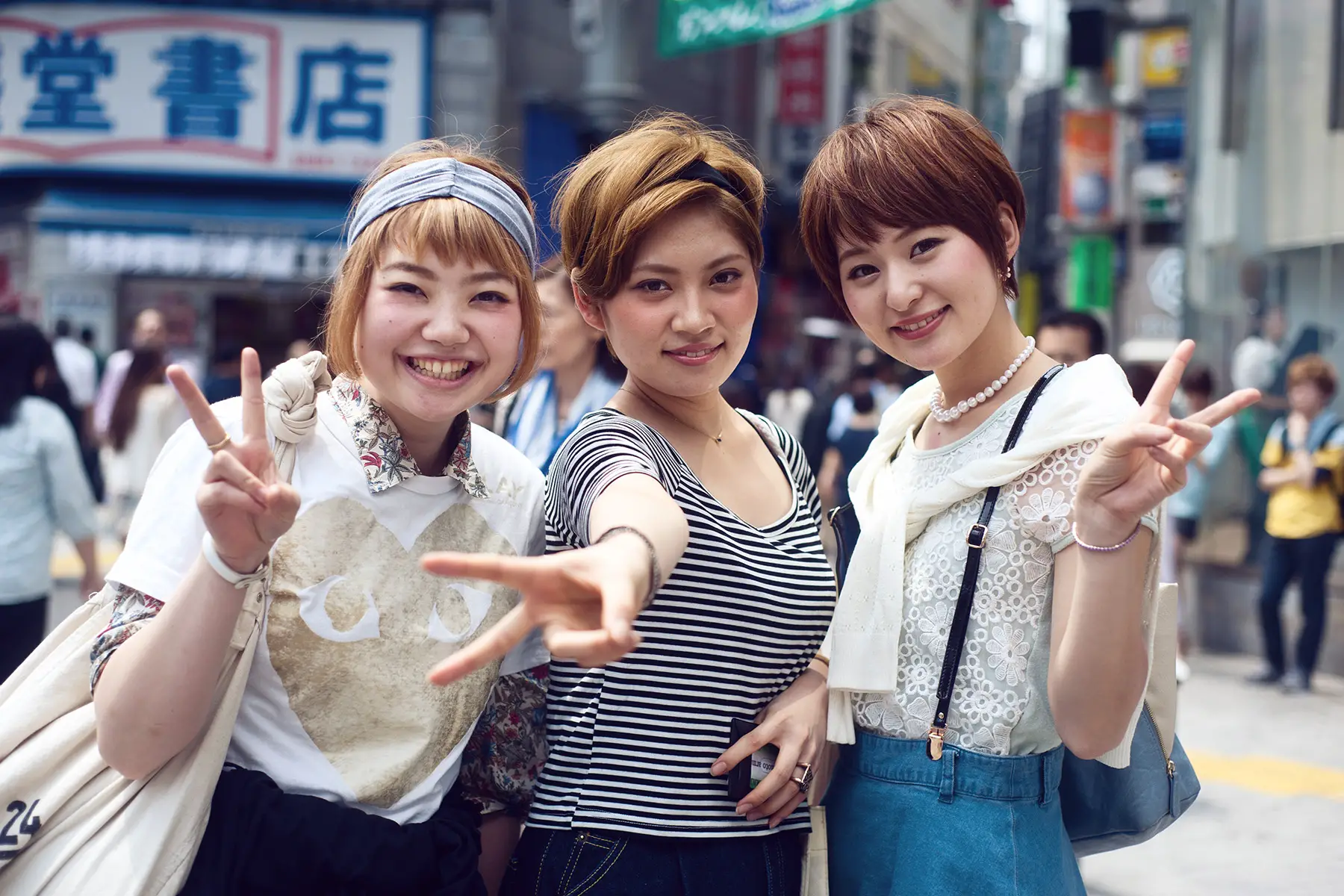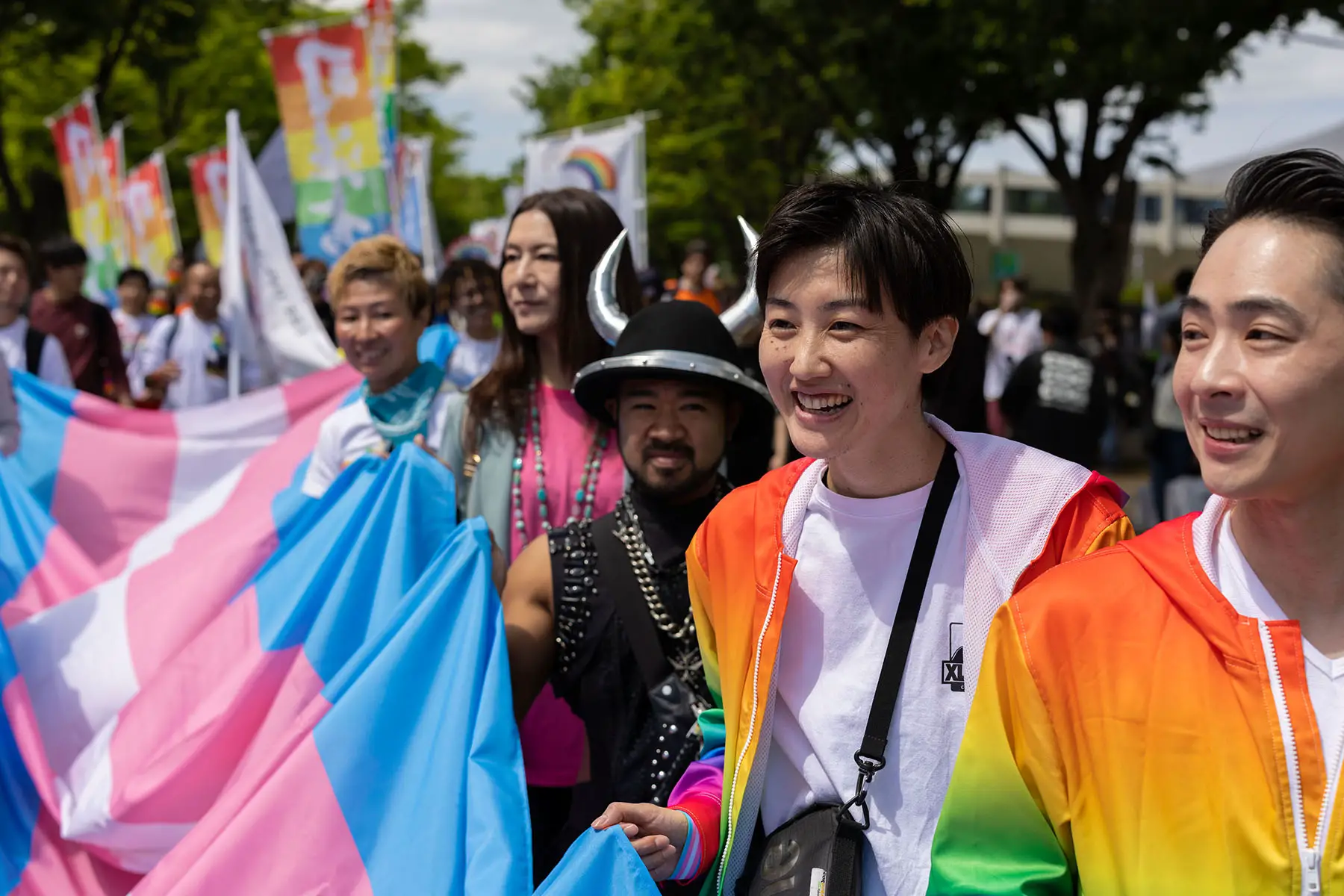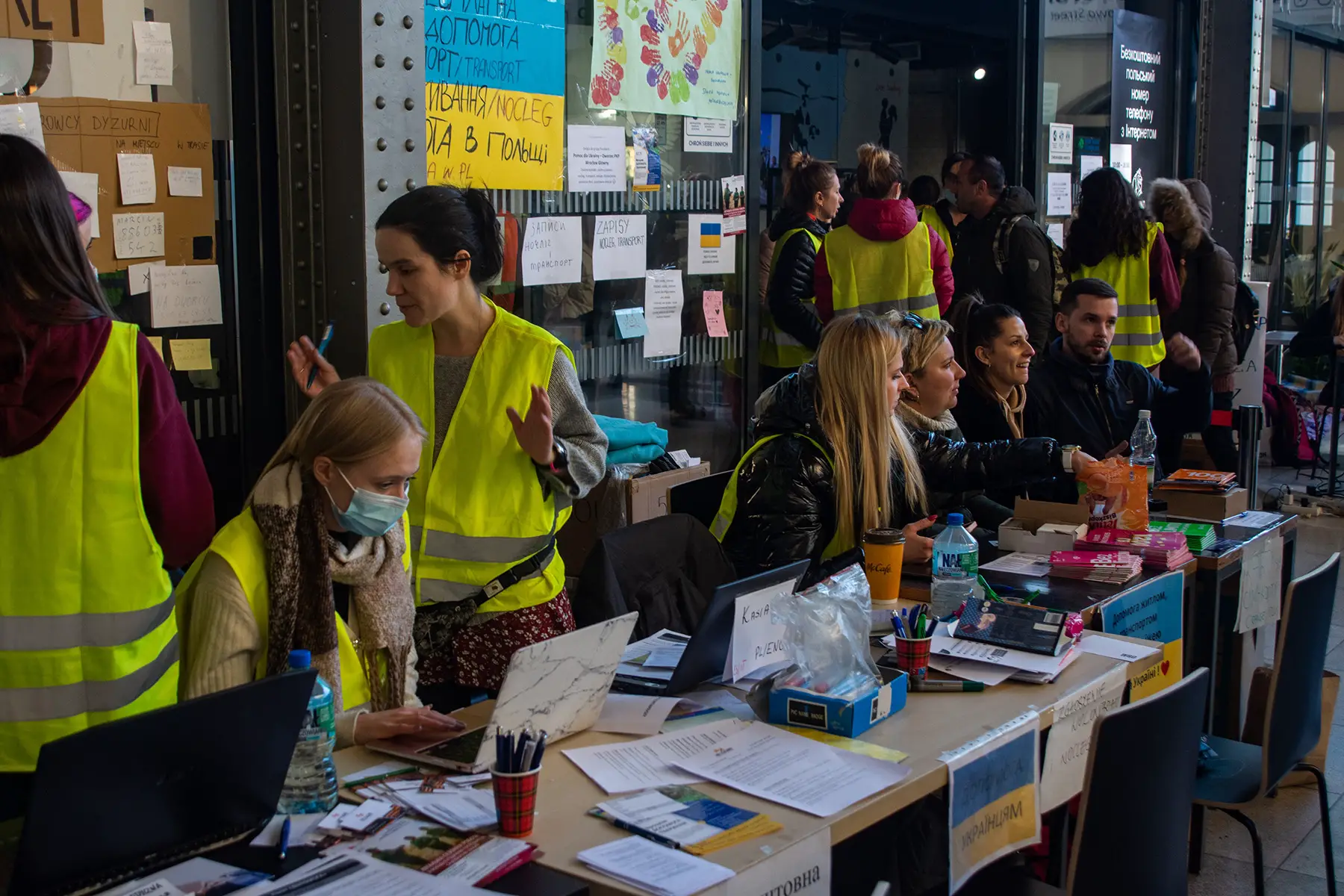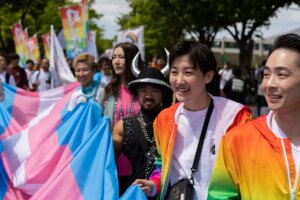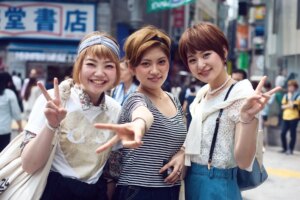Before relocating to any country, it’s a good idea to research what rights (権利) it affords to its citizens. How does it perform in essential civil rights concerns such as freedom of speech and movement? What about social and welfare rights such as work, education, or healthcare?
Here’s a look at what to expect in Japan in terms of human rights, covering key areas such as:
- Overview of human rights in Japan
- Civil rights in Japan
- Political rights in Japan
- Japanese social and cultural rights
- Japanese workers’ rights
- Women’s rights in Japan
- Japanese LGBTQ+ rights
- Disability rights in Japan
- Anti-racism and anti-discrimination legislation
- Migrant and refugee rights in Japan
- What to do if your rights are abused or restricted
- Human rights organizations in Japan
- Useful resources
Ground News
Get every side of the story with Ground News, the biggest source for breaking news around the world. This news aggregator lets you compare reporting on the same stories. Use data-driven media bias ratings to uncover political leanings and get the full picture. Stay informed on stories that matter with Ground News.
Overview of human rights in Japan
Japan’s human rights (人権) are based largely on its 1947 Constitution (日本国憲法) and the United Nations (UN) Universal Declaration of Human Rights, of which it is a signatory.
Japanese citizens enjoy a wide range of civil, political, social, and cultural rights, although there are limitations to its rights system, and abuses still occur.
Japan’s internal policies on human rights
Japan’s 1947 Constitution details the civil, political, social, and cultural rights granted to citizens (Chapter 3, articles 10–40). In addition, Chapter 4 outlines the three branches of state: parliament, government, and the judiciary. This aims to ensure the protection of rights and promote accountability.
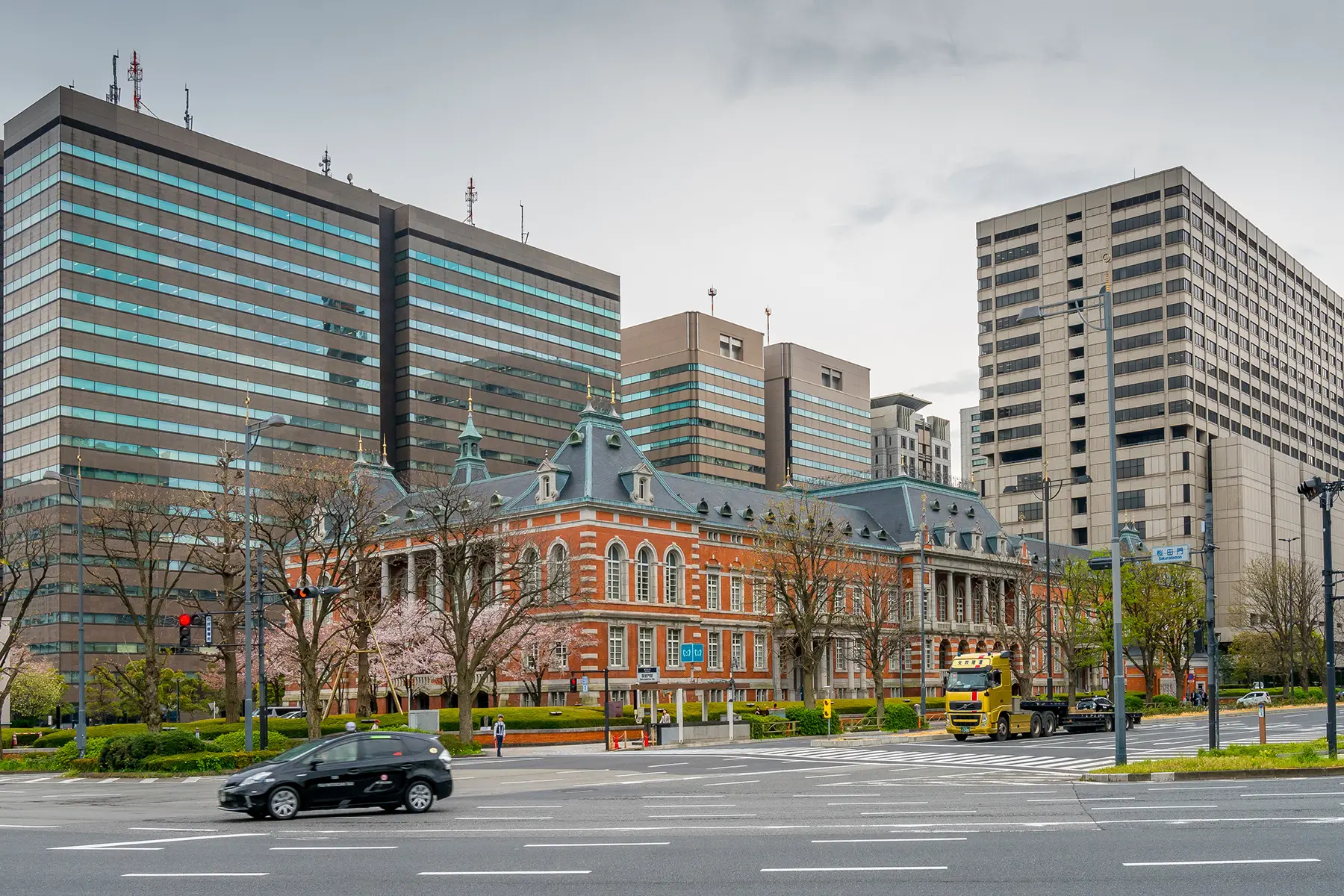
The Ministry of Justice (MOJ) (法務省=) is responsible for human rights in Japan. The MOJ has a Human Rights Bureau (人権擁護局) and around 14,000 Human Rights Volunteers (人権擁護委員) who share information and encourage people to engage with the subject. However, there is no independent national human rights institution in Japan, a situation which several organizations have criticized.
Both Amnesty International and Human Rights Watch (HRW) have identified areas of human rights abuses in Japan. These include continuing discrimination against women, LGBT+, and migrants, and inhumane treatment of foreign nationals in immigration detention facilities. Furthermore, Japan is one of a number of countries worldwide that still has the death penalty for serious criminal offenses.
Japan’s foreign policies on human rights
Japan has signed numerous international human rights conventions, including the following UN treaties:
- International Covenant on Civil and Political Rights
- Convention Against Torture
- Convention on the Elimination of All Forms of Discrimination against Women
- Convention on the Rights of Persons with Disabilities
- International Covenant on Economic, Social, and Cultural Rights
You can view Japan’s human rights positions and developments on the website of the Office of the High Commissioner on Human Rights (OHCHR) (国際連合人権高等弁務官事務所).
Japan comes 16th out of 165 countries on the Cato Institute 2022 Human Freedom Index (HFI), which bases its rankings on personal, civil, and economic freedom. The country scores highly in safety, security, and freedom of religion, but lower in economic liberties, especially taxation.
Civil rights in Japan
Japan’s Constitution enshrines several different civil rights, including:
- The right to life, liberty, and the pursuit of happiness
- Freedom of assembly and protest
- Freedom of speech and thought
- Protection from slavery or bondage
- Freedom of religion
- The right to a private and peaceful home life
- Freedom of movement
- Academic freedom
- Right to a fair trial
- Freedom from torture
- Freedom to own property
Japan scores 56/60 for civil liberties on the 2022 Freedom House Freedom in the World Index. It loses points for restrictions on free and independent media, evidence of exploitative working conditions, and discrimination against certain groups.
In addition, same-sex marriage is still not legal, and spouses are still legally compelled to share a surname.
For internet freedom, Japan ranks 9th globally, scoring 77/100 on Freedom House’s 2022 Freedom on the Net Index. Despite its relatively high rating, problems include excessive state surveillance of digital activity and collection and monitoring of user data.
These concerns infringe on the right to privacy and contravene data protection laws. There is also evidence of powerful groups, including those linked to the government, manipulating online content in their favor.
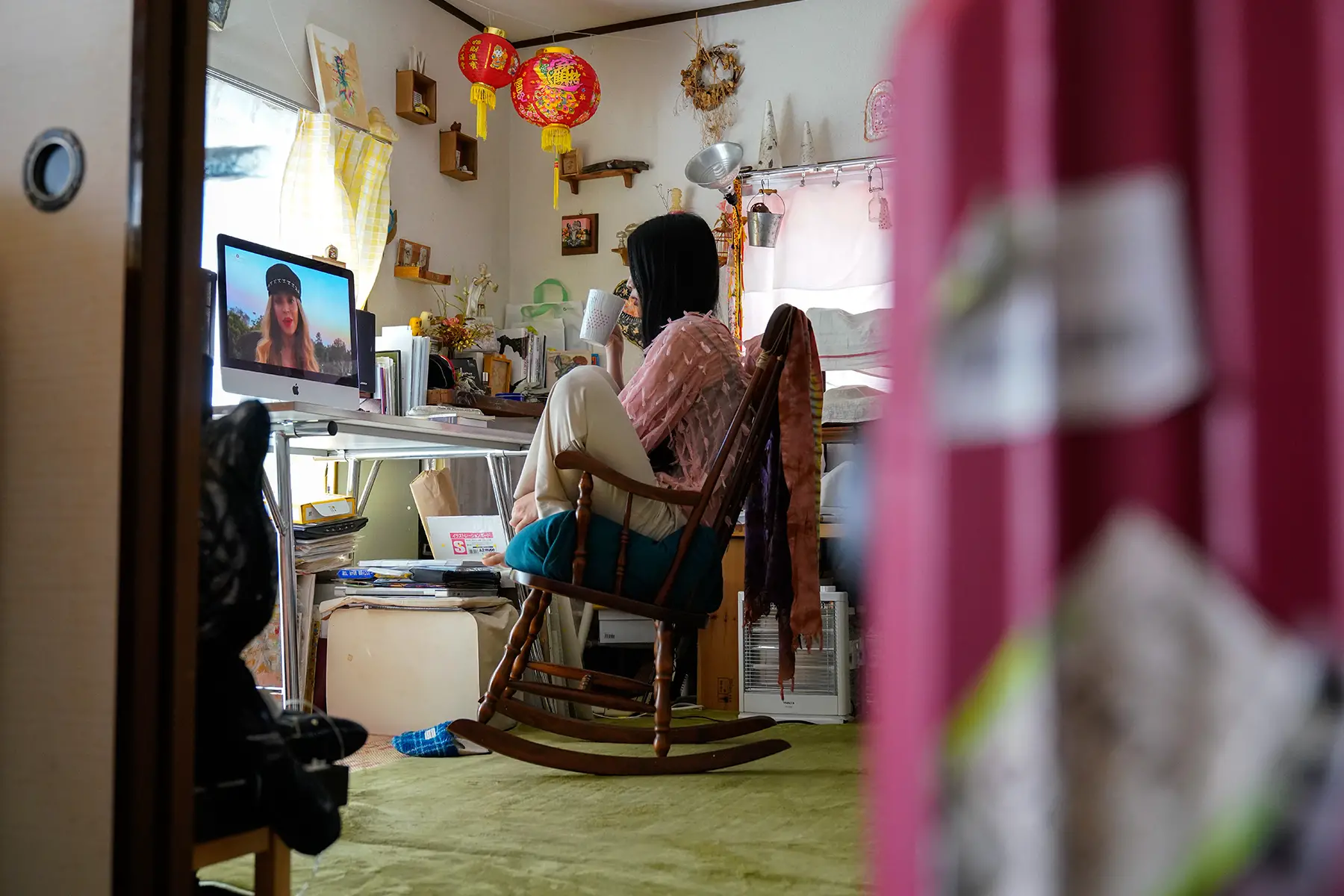
Japan’s government passed a 2017 anti-terror law which has been criticized for being too broad and infringing on civil liberties. In addition to targeting terrorist activities, the law also less severe offenses, including copying music and organizing peaceful housing protests.
Freedom of speech
Japanese residents generally enjoy freedom of speech (言論の自由), and the country has a strong history of civil society participation. However, there are limitations to press freedom.
Japan ranks 68th out of 180 countries on Reporters Without Borders (RSF) (国境なき記者団) 2023 Press Freedom Index.
Traditional news outlets remain the most powerful media form. Mainstream platforms are owned by five media conglomerates and there is a system of kisha clubs (記者クラブ – reporters’ clubs), where only journalists from established organizations can access certain government events and activities.
In addition, there are 58 areas of “national security interest” in Japan that reporters cannot access, including defense facilities and sensitive infrastructure. RSF also notes evidence of government and businesses applying pressure on mainstream media and influencing content.
That said, RSF suggests that journalists in Japan are generally safe to carry out their work – detentions and deaths among journalists are rare.
Rights to a fair trial
The Japanese Constitution guarantees the right to a fair trial, and assessments have found its legal system to be largely just, with due process carried out.
Japan scores 7.8 out of 10 for rule of law, judicial independence, and impartial courts, and 8.6 for integrity of the legal system on the Cato Institute’s HFI report.
If you are arrested in Japan, you can be held in custody for up to 23 days before formal charges are made. Police (警察) can detain you initially for up to 72 hours without bail on suspicion of committing a crime (犯罪). However, they must inform you of the charges and have to present any evidence to justify further detention after 48 hours.
Although the detention without charge limit is 23 days, a loophole in Japanese law means it is possible for authorities to re-arrest suspects immediately upon their release if they have committed more than one crime.
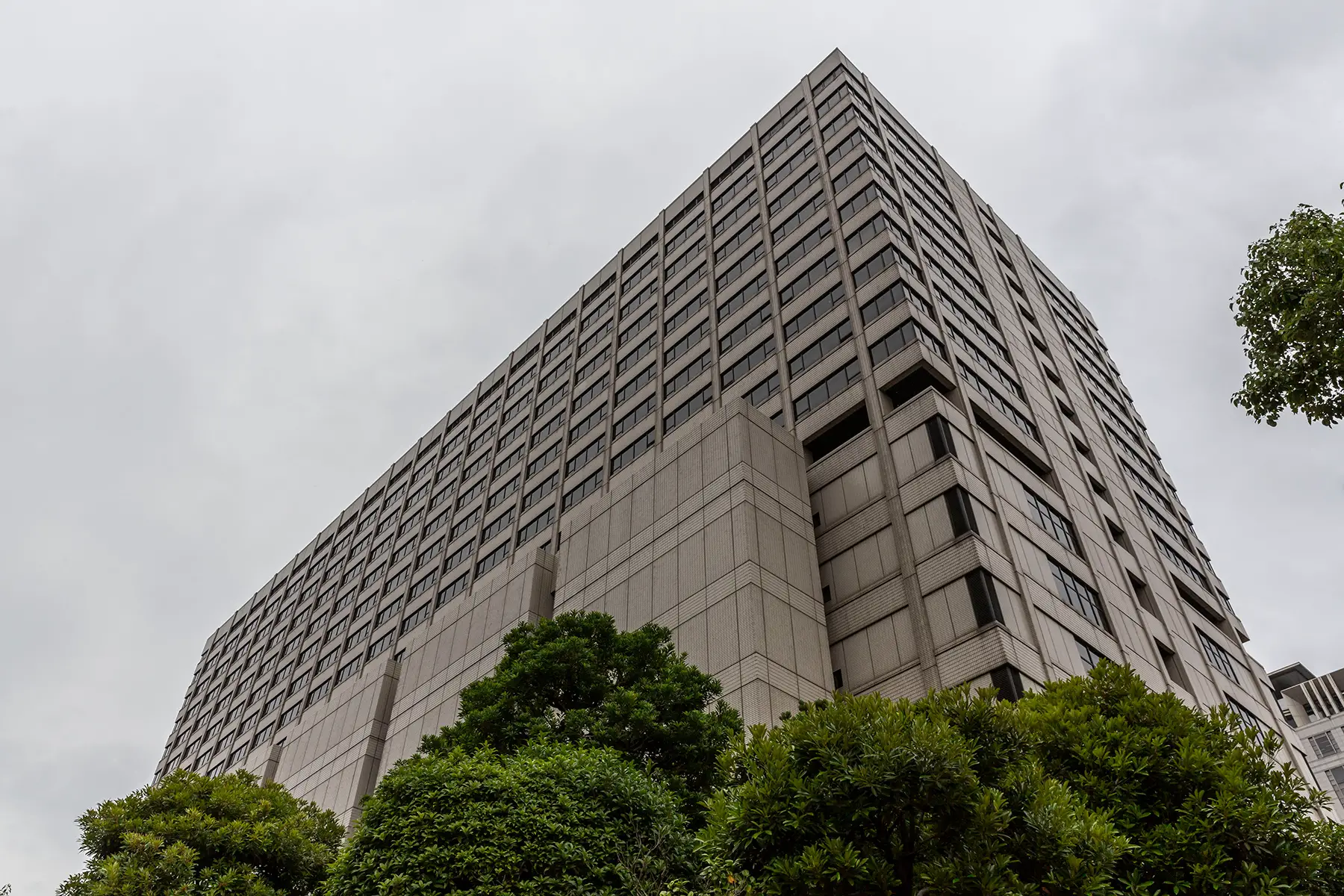
Japan is one of 55 nations worldwide that still have the death penalty for certain crimes. The Penal Code (刑法) lists 16 crimes that carry a penalty of death by hanging. There were 106 people on death row in Japanese prisons at the end of 2022.
Political rights in Japan
Japan is a parliamentary democracy where all citizens aged 18 and above can vote in elections (選挙). This includes Japanese nationals living outside the country.
Furthermore, everyone has the right to peaceful petition to remove publicly elected officials. However, foreign nationals cannot vote in elections unless they become Japanese citizens.
All Japanese citizens can stand for election to the House of Representatives (lower house) (衆議院) from the age of 25 and the House of Councillors (upper house) (参議院) from the age of 30. Everyone in Japan has the right to join any political group or campaign group as long as it operates within the law (法律).
Japan scores top marks (40/40) in the Freedom House report for political rights, including the electoral process, political participation and pluralism, and the functioning of government.
Japanese social and cultural rights
Chapter 3 of the Japanese Constitution contains details of social and cultural rights, including freedom of religion, education, and the “right to maintain minimum standards of wholesome and cultured living,” including access to social welfare (社会福祉), security, and public health (Article 25).
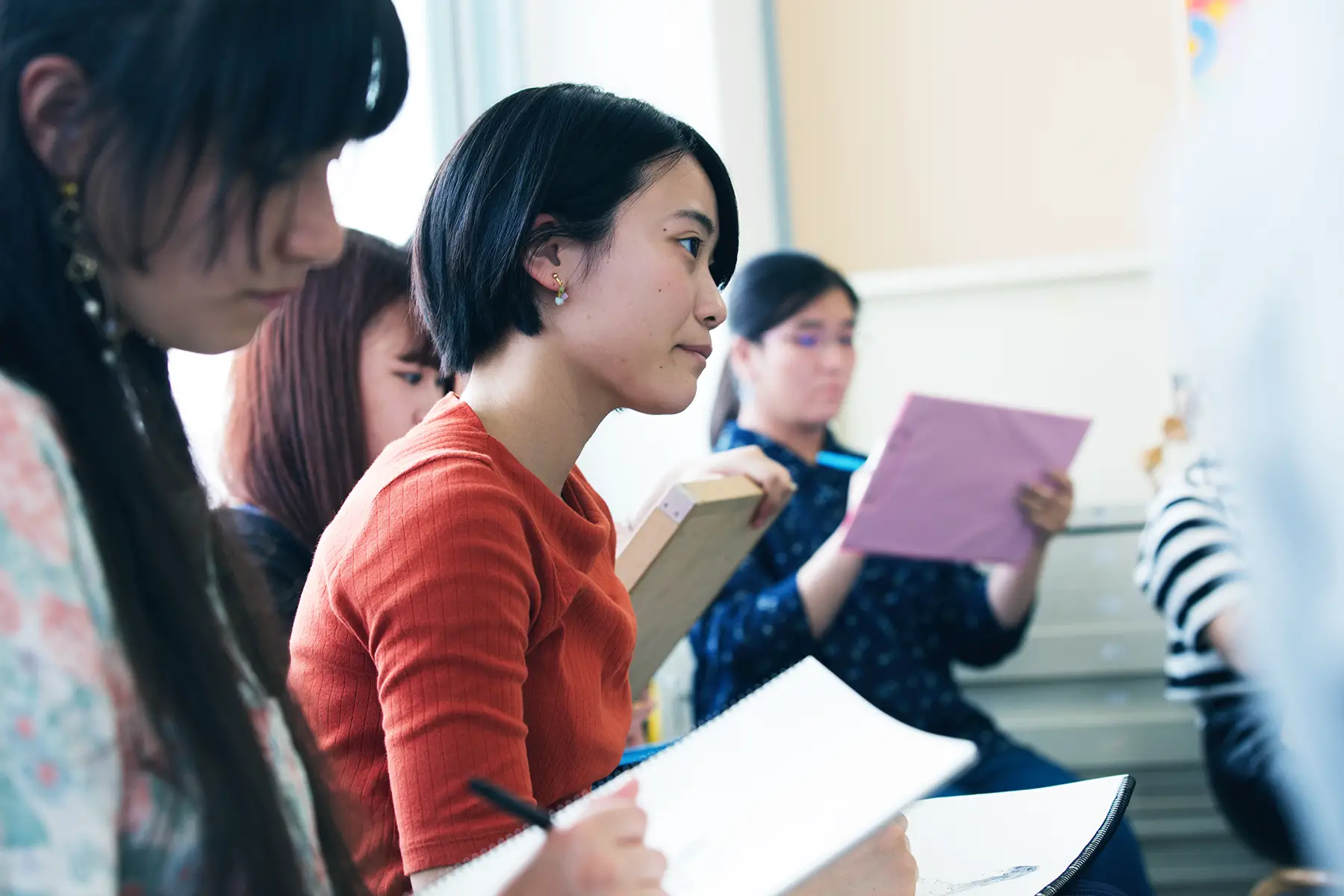
All Japanese residents living in the country for more than three months have access to public healthcare and health insurance.
Children can access free state education from primary school age, although preschool education is mostly fee-paying. However, reports have suggested that as many as 16% of international children in Japan might not be accessing adequate schooling.
Japan has an insurance-based social security system that residents can access through employment contributions. However, there is a public assistance (PDF) safety net for low-earning households. This includes housing assistance.
People renting accommodation in Japan also have certain rights. For example, they cannot be evicted without good reason and landlords must give notice before visits.
There are no explicit restrictions on cultural practices in Japan. However, certain groups have been historically discriminated against. These include Koreans (PDF), Ainu, and descendants of feudal social outcasts (Buraku discrimination). However, there is less current public discourse about Ainu and Buraku prejudice, even though the issues still exist.
Japanese workers’ rights
All Japanese citizens have the right to work. Meanwhile, those moving to Japan for work will usually need a work visa.
If you come to Japan on another long-term visa, for example, a student visa, you can typically seek employment, but you will need to check the visa terms and inform your regional immigration bureau.
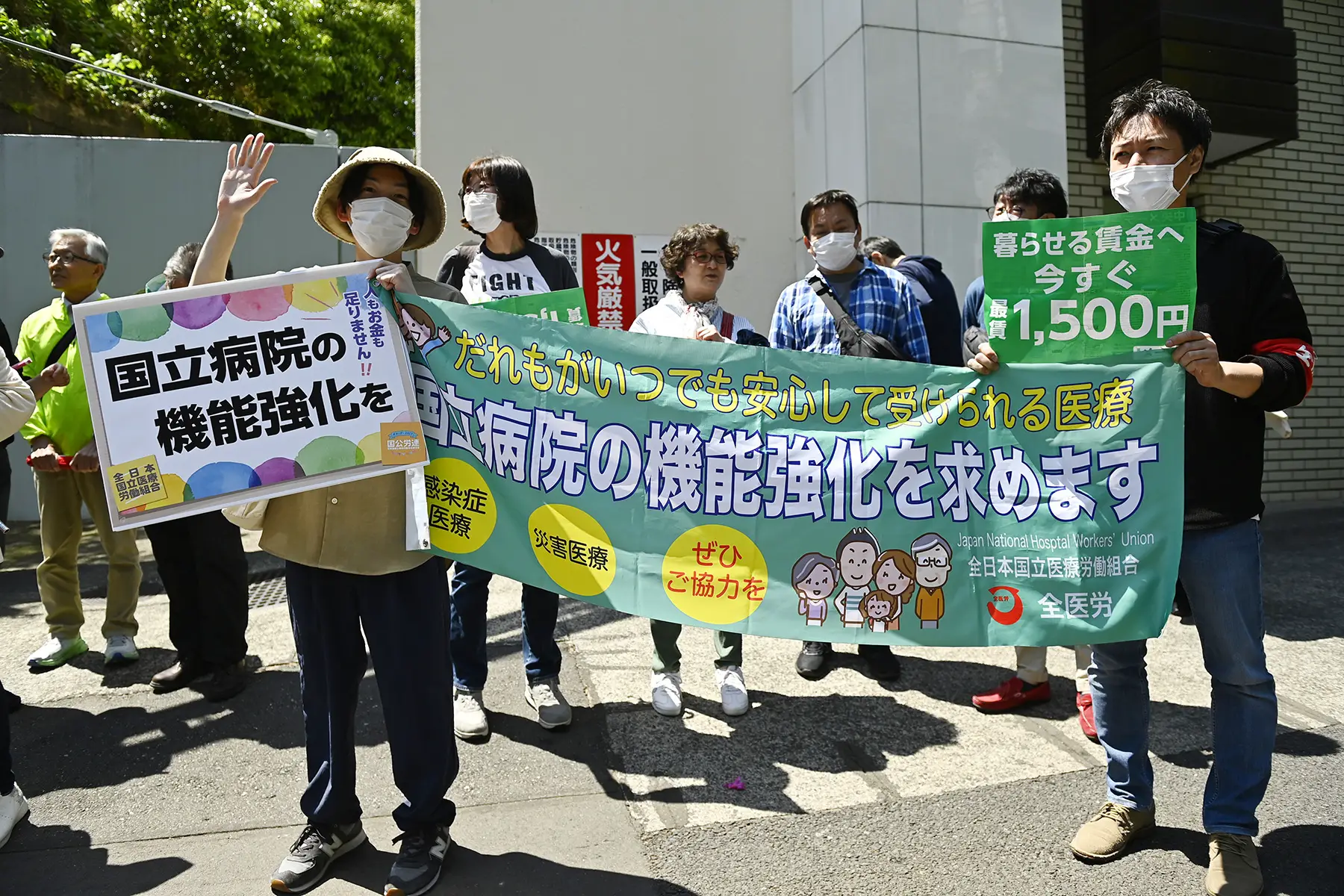
Japan’s labor laws are detailed in its Constitution, its Civil Code (民法) (PDF), and numerous individual pieces of employment legislation.
Employees are entitled to a minimum wage, holiday pay which rises with the length of service, and parental leave, but no statutory sick pay. Standard full-time work consists of 40 hours per week, although many employees work overtime.
Despite long working hours, employees benefit from legal protections. For example, employers must follow laws on the dismissal of workers – there must be a legitimate reason for contract termination.
Most workers have the right to join a union and participate in a strike. However, only 16.5% of employees in Japan belong to a union.
Japan legally prohibits discrimination in the workplace on the grounds of nationality, gender, age, disability, or social status.
Women’s rights in Japan
Gender-based discrimination is outlawed according to Article 14 of the Japanese Constitution. Japan has also signed the UN Convention on the Elimination of All Forms of Discrimination against Women. However, gender inequalities persist.
Japan ranks in 116th position out of 146 countries on the World Economic Forum’s 2022 Global Gender Gap Report. It is also 166th in terms of female parliamentarians, with only 10% of lower house and 25.8% of upper house representatives.
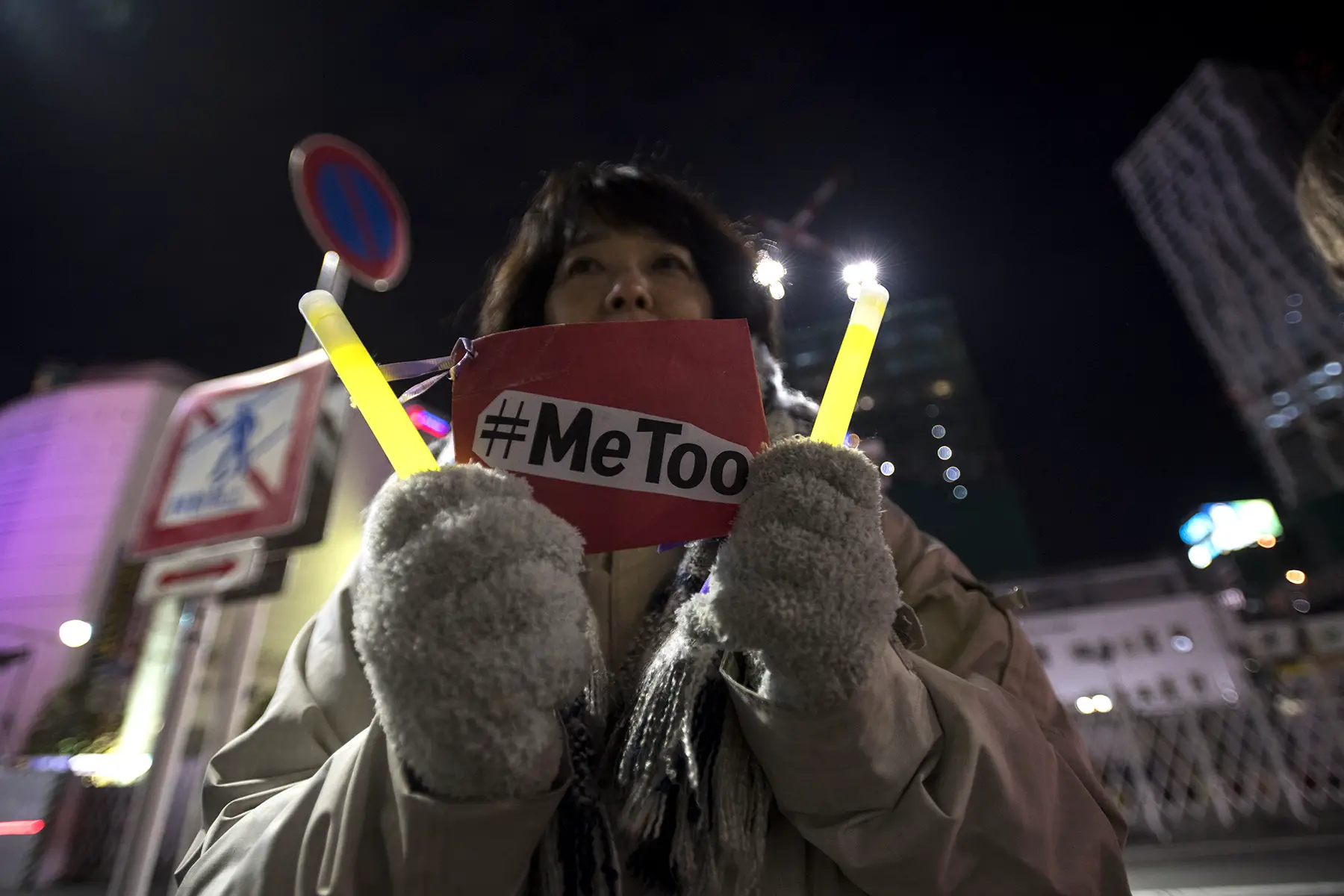
Several cultural, legal, and social norms prevent women from advancing in certain spheres. For example, very few women become legislators, senior officials, or managers.
In addition, spouses in Japan legally have to have the same name, which has led to around 96% of wives taking their husband’s surname when they marry.
Sexual harassment (セクシャルハラスメント/セクハラ) and domestic violence (家庭内暴力/DV) in Japan often go unreported. There is also evidence of continuing sexual exploitation through trafficking.
Japanese LGBTQ+ rights
Japan ranks 44th out of 197 nations on the current LGBT Equality Index.
Although homosexuality has been legal in the country since 1881, and there is equality in terms of equal age of consent, gay marriage is still not legal in Japan, and only certain parts of the country offer legal recognition of same-sex partnerships.
In addition, conversion therapy is not prohibited, there is no legal recognition of non-binary people, and transgender people only receive legal recognition of their gender after surgery.
Furthermore, although the Constitution of Japan outlaws discrimination against individuals due to sex or social status, it doesn’t explicitly mention sexual orientation.
Disability rights in Japan
Although there is little overt discrimination against those with disabilities, Japan has been slow to adopt targeted disability rights, and barriers continue to exist.
However, the country signed the UN Convention on the Rights of Persons with Disabilities in 2014, and there have been amendments to employment laws in recent years to offer equal opportunities for applicants with disabilities and make workplaces more accessible.
Current laws state that large companies with over 100 employees need to recruit a minimum number of registered disabled workers – this recently increased to 2.3%.
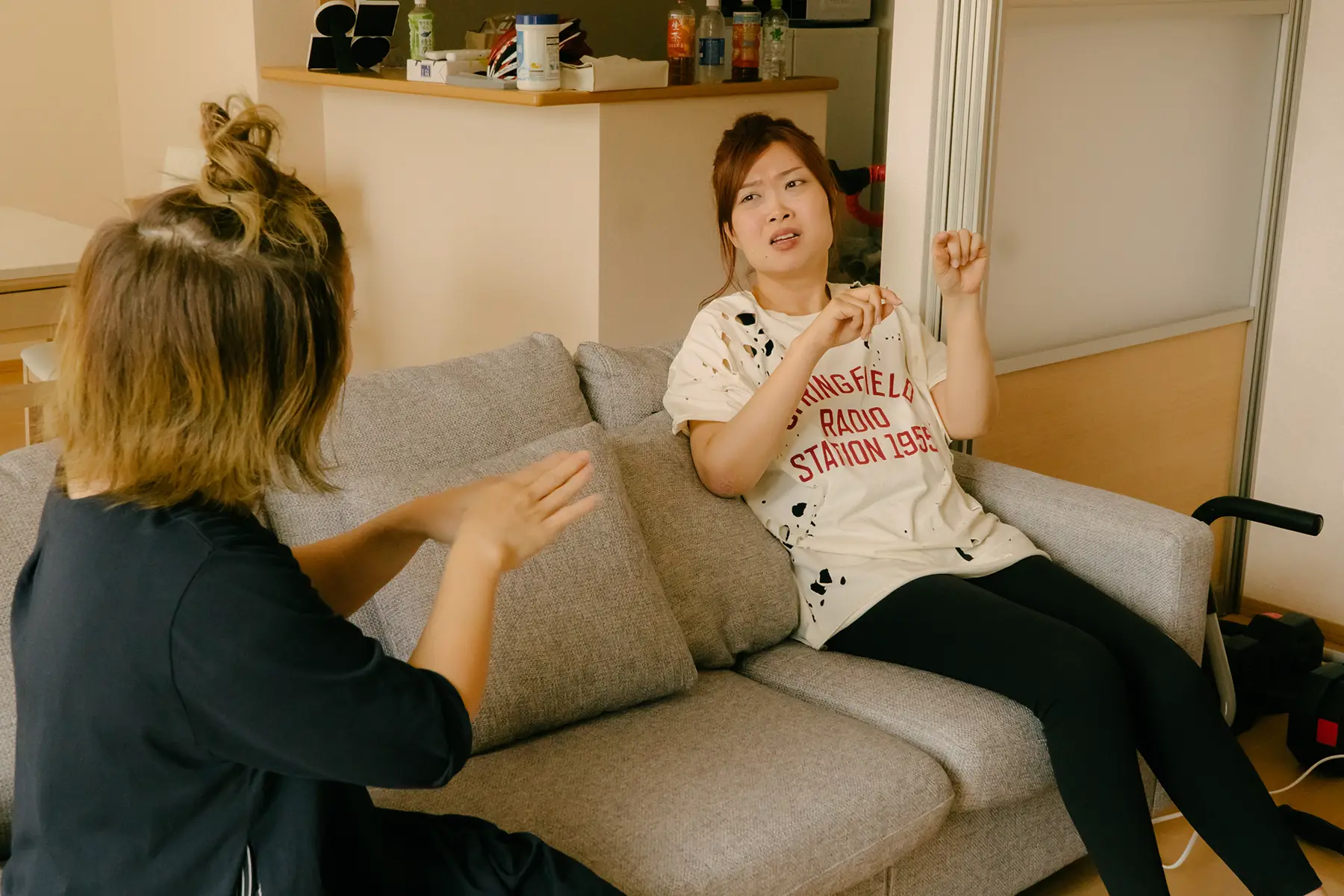
Public buildings in Japan don’t need to be fully accessible by law, but moves have been made to make buildings, transport, and public toilets more convenient for those with disabilities.
Special Needs Education (SEN) (特別支援教育) exists in Japan in the form of separate schools and SEN provision in mainstream education. Parents of children with severe disabilities have access to welfare benefits, and the public assistance program also provides for those unable to contribute fully to work-based insurance programs due to disability or long-term health issues.
According to a 2023 government survey, nearly 90% of people in Japan feel that those with disabilities continue to face discrimination and prejudice.
Anti-racism and anti-discrimination legislation
Japan’s Constitution prohibits discrimination against anyone “because of race, creed, sex, social status, or family origin,” (art. 14). Additionally, the country has ratified the International Convention on the Elimination of All Forms of Racial Discrimination.
Beyond this, there is limited legal provision regarding anti-discrimination legislation or protection for minority groups in Japan.
The Labor Standards Act further enhances protections from employment-based discrimination for groups covered in the Constitution, while the 2016 Anti-Discrimination Speech Act (ADSA) deals with hate speech towards minorities. However, there is currently minimal punishment for those found guilty of such speech.
Some minority groups experience discrimination and prejudice in Japan, including Korean, Chinese, Ainu, Taiwanese, and Ryukyuan people. However, intolerance toward the last three communities may only be from specific sectors of Japanese society instead of the whole population.
Migrant and refugee rights in Japan
According to the 2020 Japanese census, over 2.7 million foreign nationals live in Japan, making up around 2.2% of the population.
Migrants to Japan have broadly the same civil rights as Japanese citizens. Once they have lived in the country for over three months and have a residence permit, they enjoy social rights such as access to healthcare and education.
Some welfare rights, for example, unemployment benefits and pension entitlements, are based on residency length and contributions, which limits entitlement for newer arrivals and those who haven’t made enough payments.
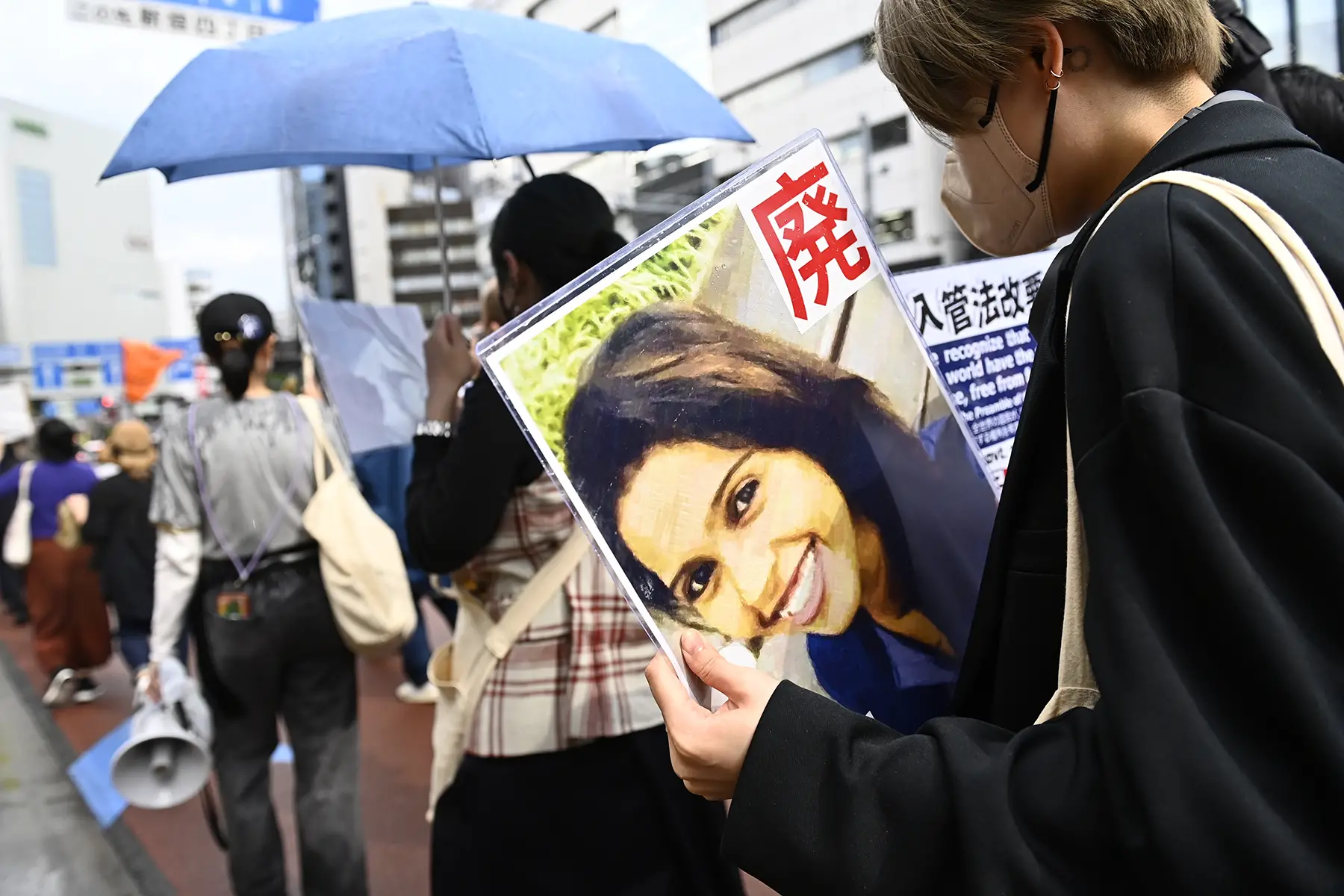
Migrants with work permits have the same employment rights as nationals. However, there have been cases where the rights of migrant workers from certain countries have been abused. For example, interns from China and Southeast Asia endured “conditions of forced labor” on a government foreign trainee program.
Foreign residents in Japan lack political rights such as voting in elections and standing for office.
Refugees and asylum-seekers
Japan has signed the 1951 Geneva Convention on refugees (難民), meaning that anyone has the right to claim asylum in the country if they feel persecuted in their home nation. However, Japan’s asylum system has come under criticism from both Amnesty International and HRW.
Many asylum-seekers are held for long periods in detention centers, where they live in poor conditions and experience inhumane treatment. There has been evidence of asylum-seekers being held in these facilities for over three-and-a-half years, and deaths have been caused by mistreatment at the centers.
Japan’s asylum system is strongly oriented towards treating asylum-seekers as criminals and against granting refugee status.
The government recognized only 47 refugees in 2020. This is despite receiving around 4,000 applications a year. Those given refugee status gain largely the same rights as other migrants in Japan.
What to do if your rights are abused or restricted
If you experience a breach of your human rights in Japan, you can contact the MOJ through its Human Rights Bureau (人権擁護局).
Once you have submitted the details of your situation, the bureau will open up an investigation, and you will also be offered support, including face-to-face counseling from one of the Human Rights Volunteers.
If the MOJ finds evidence of a human rights violation, the bureau will suggest a remedy. This could be anything from a formal apology from the perpetrator to pressing criminal charges.
If you are not satisfied with the outcome of your complaint, you can take the matter to the UN through the OHCHR.
Human rights organizations in Japan
There are a number of organizations, such as charities and non-governmental organizations (NGOs), working to promote human rights in Japan and offer support and services to citizens and residents. These include:
- Buraku Liberation League (部落解放同盟) (in Japanese)
- Center for Human Rights Education and Training (人権教育啓発推進センター)
- C-Rights (シーライツ)
- Human Rights Now (ヒューマンライツ・ナウ)
- HURIGHTS OSAKA (ヒューライツ大阪)
- The International Movement Against All Forms of Discrimination and Racism (IMADR) (反差別国際運動)
- JANIC (ジャニック)
- Japan Association for Refugees (難民支援協会)
- Japan Children’s Rights Network
- Japan Civil Liberties Union (自由人権協会)
- Japan Federation of Bar Associations (日本弁護士連合会/日弁連)
- Peace Boat (ピースボート)
Useful resources
- 1947 Japanese Constitution – details the fundamental rights of citizens in Japan
- Ministry of Justice (法務省, MOJ) – the government ministry responsible for civil liberties in Japan
- Human Rights Bureau – MOJ body protecting and promoting human rights in Japan
- Office of the High Commissioner on Human Rights (OHCHR) – UN department working to protect international human rights
- Amnesty International Japan – Japanese branch of Amnesty International
- Human Rights Watch (HRW) – information on human rights in Japan
